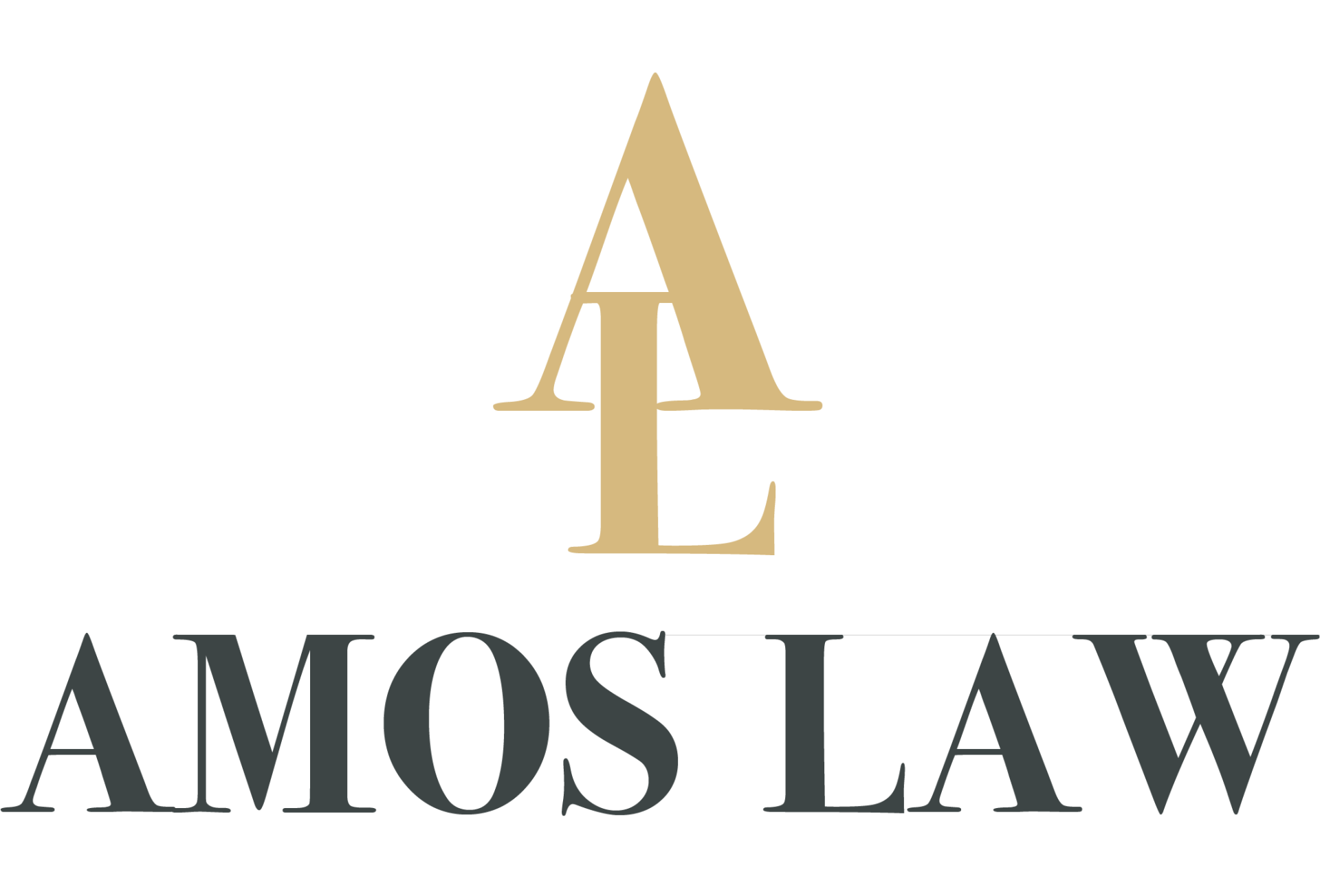Myths vs. Facts: What Every Driver Should Know About DWI Laws in North Carolina

Driving While Impaired (DWI) charges in North Carolina carry severe penalties, yet many drivers operate under dangerous misconceptions about the law. Misinformation can lead to poor decisions during traffic stops, missed legal opportunities, and harsher consequences. This article separates DWI myths from facts, clarifies North Carolina DWI laws, and explains what drivers should expect if facing charges.
Is There a Difference Between DUI and DWI in North Carolina?
Myth:
"DUI and DWI mean different things in North Carolina."
Fact: Unlike some states, North Carolina exclusively uses DWI (Driving While Impaired) for alcohol and drug-related charges. Whether called a "DUI" or "DWI" in casual conversation, the legal charge is always G.S. § 20-138.1, with no distinction between terms.
Can You Be Charged with a DWI If You’re Not Driving?
Myth:
"If my car isn’t moving, I can’t get a DWI."
Fact: North Carolina law defines DWI as being in "actual physical control" of a vehicle while impaired. This means:
- Sitting in the driver’s seat with keys in the ignition (even if parked).
- Sleeping in a parked car while intoxicated.
Courts assess factors like key location, engine status, and driver position to determine charges.
Do DWI Charges Only Apply to Alcohol?
Myth:
"Only drunk driving counts as a DWI."
Fact: A DWI charge applies to impairment from:
- Prescription drugs (even with a valid prescription).
- Marijuana (legal or illegal).
- Over-the-counter medications (e.g., sleep aids, cough syrup).
If an officer believes your driving is impaired, you can face charges regardless of the substance type.
If My BAC Is Below 0.08%, Can I Avoid a DWI Charge?
Myth:
"A BAC under 0.08% means I’m safe."
Fact: While 0.08% is the legal limit for most drivers, you can still be charged if an officer observes:
- Slurred speech, erratic driving, or failed field sobriety tests.
- Lower BAC thresholds (0.04% for commercial drivers, zero tolerance for under 21).
North Carolina prosecutors can pursue convictions based on "appreciable impairment" even without a high BAC.
Can I Refuse a Breathalyzer Test Without Consequences?
Myth:
"Refusing a breath test means no DWI charge."
Fact: Under North Carolina’s Implied Consent Law, refusing a post-arrest evidentiary breathalyzer or blood test results in:
- Automatic 1-year license suspension.
- Potential use of refusal as evidence in court.
However, you can refuse a roadside portable breath test (PBT) without penalty.
Do Tricks Like Mouthwash or Pennies Fool Breathalyzers?
Myth:
"Gum, mouthwash, or coins can trick a breathalyzer."
Fact: Modern breathalyzers measure deep-lung alcohol, not mouth alcohol. Tricks like these:
- Do not lower BAC readings.
- May increase suspicion of tampering.
False claims about "beating" tests can worsen an officer’s perception of impairment.
Are First-Time DWI Offenders Let Off Easily?
Myth:
"First-time DWIs only get a slap on the wrist."
Fact: Even first offenses carry serious penalties, including:
- Fines up to $4,000.
- License suspension (1 year).
- Possible jail time (24 hours to 60 days, depending on aggravating factors).
Aggravating factors like child passengers, high BAC (≥0.15%), or reckless driving increase penalties.
Can a DWI Be Reduced to Reckless Driving in North Carolina?
Myth:
"Pleading to reckless driving is an easy way out."
Fact: North Carolina rarely allows "wet reckless" pleas (DWI reduced to reckless driving). Prosecutors and judges typically reject plea deals for impaired driving cases.
Will a DWI Conviction Stay on My Record Forever?
Myth:
"DWIs eventually disappear from my record."
Fact: Unlike some misdemeanors, DWI convictions cannot be expunged in North Carolina. They remain permanently on:
- Criminal records.
- Driving records.
This affects employment, insurance rates, and professional licensing.
Do I Have to Perform Field Sobriety Tests (FSTs) If Asked?
Myth:
"I must comply with all police tests."
Fact: You can legally refuse roadside FSTs (e.g., walk-and-turn, one-legged stand) without penalty. However, officers may still arrest based on other observations.
Must I Answer an Officer’s Questions During a Stop?
Myth:
"I have to answer every question."
Fact: While you must provide license and registration, you can politely decline to answer potentially incriminating questions (e.g.,
"How much have you had to drink?").
Can I Drive After Being Arrested for a DWI?
Fact: After arrest, your license faces:
- 30-day civil revocation.
- Possible limited driving privileges (work, school) after a hearing.
- Mandatory ignition interlock device (IID) for high-BAC or repeat offenses.
How Does a DWI Affect Employment or Professional Licenses?
Fact: A DWI conviction can:
- Disqualify CDL holders.
- Impact healthcare, legal, or security licenses.
- Trigger immigration consequences for non-citizens.
Is It Worth Fighting a DWI Charge?
Fact: Strong defenses include:
- Challenging the traffic stop’s legality.
- Questioning breathalyzer calibration.
- Rising BAC defense (alcohol still absorbing at the time of driving).
An experienced attorney can identify weaknesses in the prosecution’s case.
What Should I Do Immediately After a DWI Arrest?
Critical Steps:
- Request a DMV hearing within 10 days to contest license suspension.
- Plead not guilty and avoid discussing details without legal advice.
- Gather evidence (witness statements, dashcam footage).
Need Help with a DWI Charge in North Carolina?
Facing a DWI charge can be overwhelming, but understanding your rights is the first step toward building a strong defense. If you’ve been charged with Driving While Impaired in North Carolina, strategic legal guidance can make a difference in the outcome of your case.
For a detailed case evaluation, visit Amos Law Firm – Traffic Law Defense to explore your options.
Frequently Asked Questions (FAQ)
1. Can I get a DWI for prescription drugs in North Carolina?
Yes. Any substance causing impairment—including legally prescribed medications—can lead to a DWI charge.
2. What happens if I refuse a blood test?
Refusing a blood test triggers the same penalties as a breathalyzer refusal (1-year license suspension), though police may obtain a warrant.
3. How long does a DWI stay on my record?
Permanently. North Carolina does not allow expungement for DWI convictions.
4. Can I drive after a DWI arrest?
After a 30-day revocation, you may apply for limited driving privileges for essential needs.
5. Is a DWI a felony in North Carolina?
Most first-time DWIs are misdemeanors, but four or more DWIs within 10 years can result in felony charges.
6. What’s the penalty for a high-BAC DWI (0.15% or higher)?
Higher fines, longer license suspensions, and mandatory IID installation.
By debunking these DWI myths in NC, drivers can make informed decisions and protect their rights. If you’re facing charges, acting quickly with the right legal strategy is crucial. For more information, consult Amos Law.



